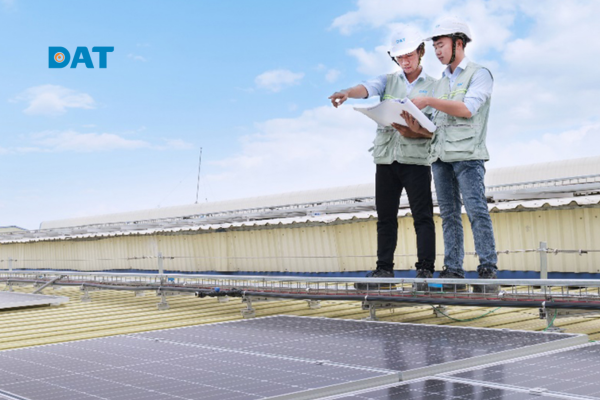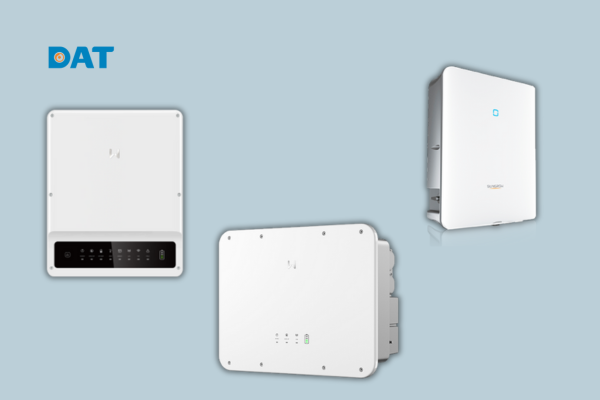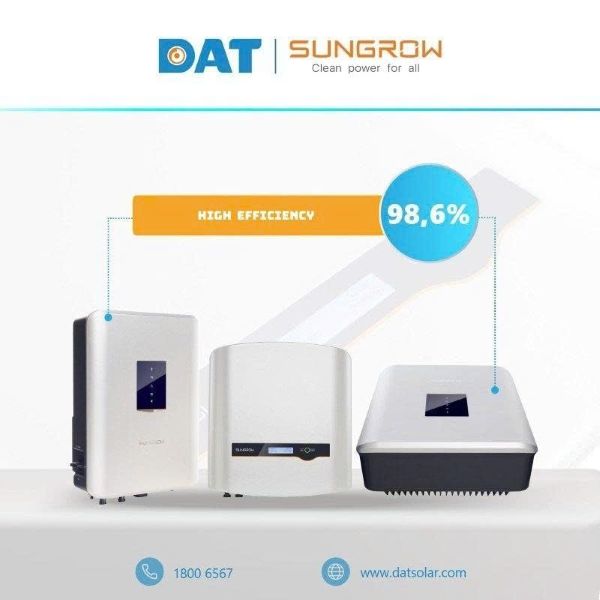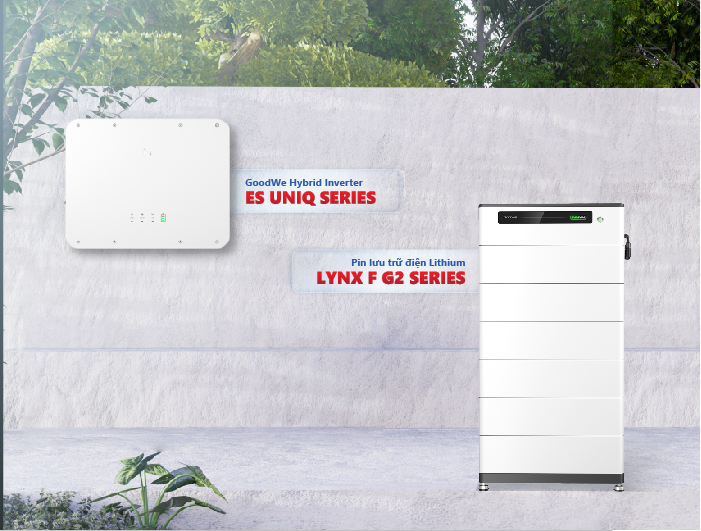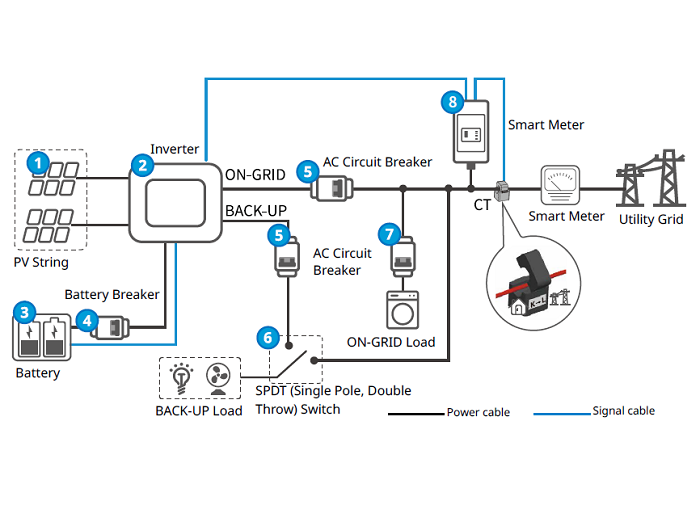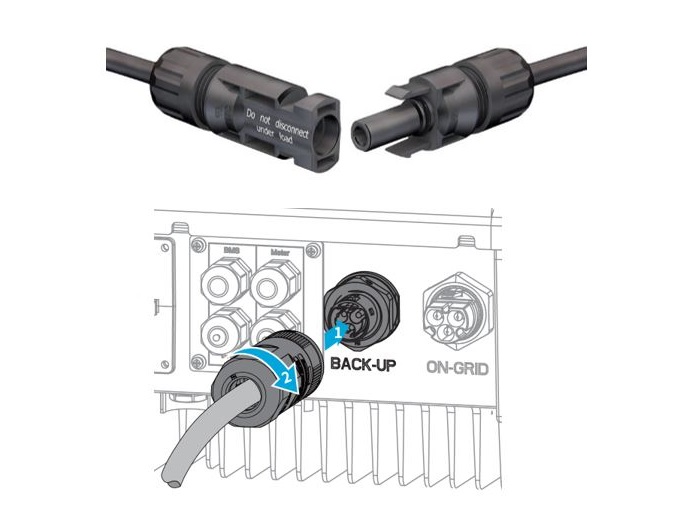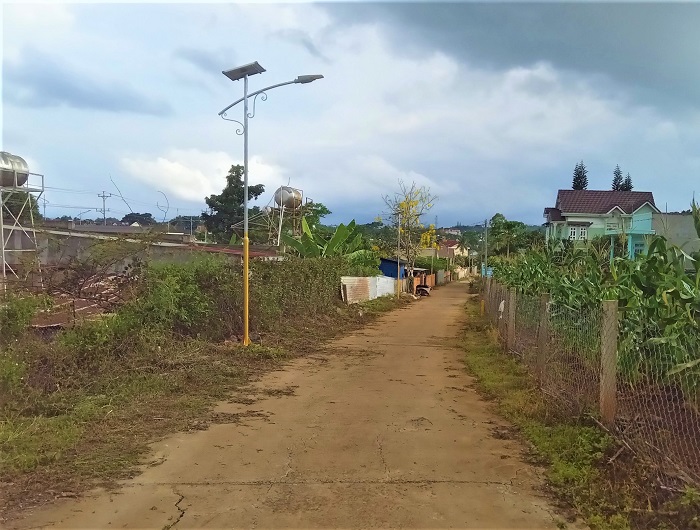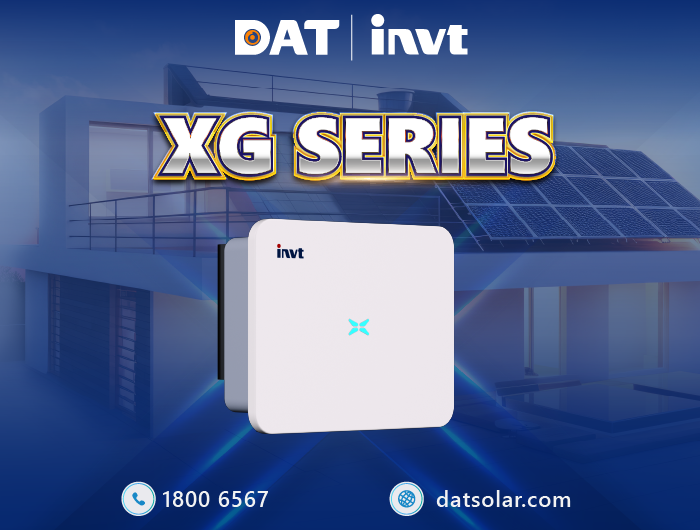Solar panel installer: career guide & how to get started
A solar panel installer plays a crucial role in the renewable energy revolution, helping individuals, businesses, and communities switch to clean, sustainable power. As demand for solar energy grows globally, so does the need for qualified installers who can design, install, and maintain solar photovoltaic (PV) systems efficiently and safely.
In this article, you will learn what a solar panel installer is in two main contexts: as an individual technician and as a solar installation business. While both are vital, this guide emphasizes the business perspective, where installers operate as dealers or companies offering full-service solar installation. If you are considering a future in green energy, keep reading to discover how DAT Group can help you start or grow your solar installation business today.
1. What is a solar panel installer?
A solar panel installer can be:
- An individual technician: A trained professional who installs and maintains solar PV systems. They work independently or as subcontractors for solar companies.
- A solar installation business (dealer-installer): A company that provides end-to-end solar solutions, from consultation and product supply to system installation and after-sales support.
Most installations today are executed by dealer-installers who manage teams of technicians and provide complete solar services for residential, commercial, and industrial clients.
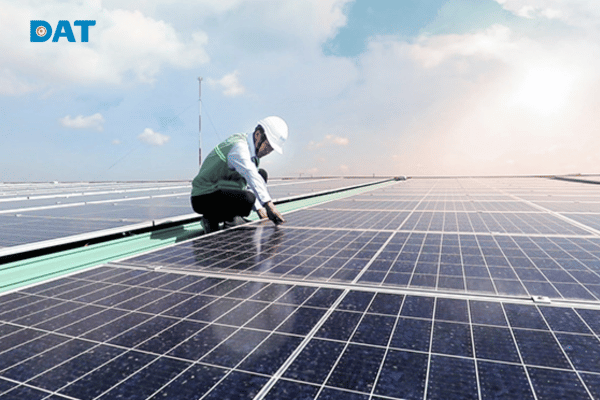
2. Why become a solar panel installer?
Choosing to become a solar panel installer, especially as a dealer-business, offers major benefits:
- Soaring demand: With countries targeting net-zero goals, solar adoption is accelerating rapidly.
- Positive environmental impact: Enabling solar power helps reduce carbon footprints.
- Business growth potential: Dealer-installers can scale regionally and add recurring revenue via maintenance services.
- Competitive income: Solar installation businesses enjoy diverse income streams—installation, product markup, and O&M contracts.
- Support from DAT Group: DAT provides technical training, product ecosystems, and business enablement for partners.
3. What does a solar panel installer do?
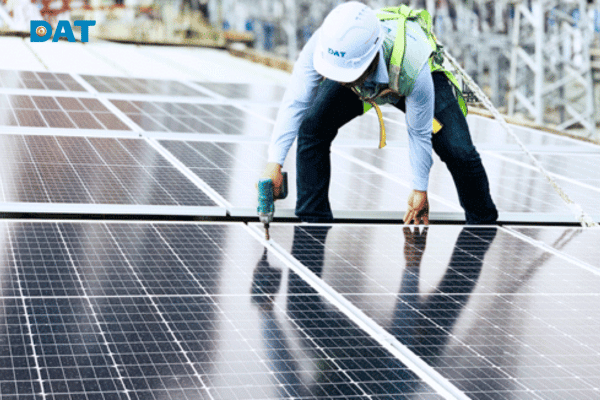
As a business (dealer-installer):
- Consultation & site evaluation
- System design & engineering collaboration
- Product supply (panels, inverters, storage)
- Installation project management
- System testing & compliance
- After-sales support and maintenance
As an individual technician:
- Assess sites for installation feasibility
- Mount panels and electrical wiring
- Connect inverters and test systems
- Perform maintenance and troubleshooting
4. How to become a solar panel installer?
4.1 Education & training options
Most solar professionals begin with a high school diploma or equivalent. It’s highly recommended to pursue post-secondary education or certification programs that focus on:
- Electrical safety principles and best practices
- Understanding solar PV system components and performance
- Installation techniques and use of specialized tools
- Local and national electrical regulations relevant to solar
4.2 Apprenticeships
Joining an apprenticeship under a licensed installer or dealer business allows learners to gain hands-on experience. Apprenticeships typically involve assisting with real installation projects, learning system troubleshooting, and understanding project workflow on-site.
4.3 Hands-on experience
Beyond formal apprenticeships, many aspiring installers work as interns, subcontractors, or junior technicians under experienced installer businesses. This exposure helps them build confidence, understand customer interaction, and prepare for certification requirements.
5. Key skills for solar panel installers
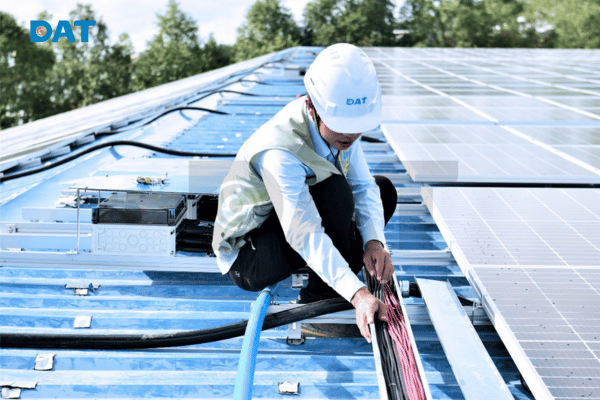
To succeed as either a technician or a solar installer business, mastering a combination of technical and interpersonal skills is essential.
- Technical Knowledge: Required for both technicians and business installers to understand solar systems and wiring.
- Electrical Safety: Both technicians and business installers must adhere to safety protocols during installations.
- Communication: Essential for both roles to interact with clients and teams effectively.
- Team Management: A key skill for business installers to coordinate team efforts during larger projects.
- Sales & Consultation: Important for business installers to engage customers, provide consultation, and drive sales.
- Problem-Solving: Crucial for both roles to troubleshoot and resolve technical issues during installation.
6. Required qualifications & certifications
Before becoming a solar panel installer, whether as an independent technician or as part of a solar installation business, certain qualifications and certifications are required to ensure competency and safety in the field.
- NABCEP (North American Board of Certified Energy Practitioners) Entry Level or PV Installation Professional Certification: Widely recognized in the industry.
- OSHA (Occupational Safety and Health Administration) Safety Training: To ensure workplace safety.
- Electrical Licenses: Depending on local laws, an electrical license or endorsement may be required.
- First Aid & CPR Training: For onsite emergency preparedness.
As a distributor, DAT Group focuses on providing training support to our own employees and partners, ensuring they are well-prepared to meet industry standards. While we are not a certification provider, we offer expertise and resources to support the development of skills and knowledge within the solar installation field.
7. Salary and earnings outlook
The income of solar panel installers varies based on experience, location, and whether they work individually or as part of a company. The table below provides a clear comparison of earnings by role and work model:
| Position/Level | Individual Income (VND/year) | Company/Dealer Income (VND/year) |
| Entry-level Technician | 690,000,000 – 920,000,000 | 920,000,000 – 1,265,000,000 (service packages, product margins) |
| Experienced Installer | 920,000,000 – 1,265,000,000 | 1,265,000,000 – 1,610,000,000 (maintenance contracts, full-package installation) |
| Senior/Business Owner | 1,265,000,000 – 1,610,000,000 | Can be higher due to product margins, installation packages, and long-term service contracts |
8. Career path & progression
A career as a solar panel installer offers diverse advancement opportunities:
8.1 From installer to project manager
Many skilled technicians, after gaining a significant amount of experience in the field, decide to transition into entrepreneurship by launching their own solar installation businesses. This move allows them to take full control of their projects, build a customer base, and scale their operations.
As business owners, they can offer a wider range of services, hire and manage teams of technicians, and become key players in the local solar market. This career progression also opens up opportunities to expand their business to new regions, catering to both residential and commercial clients.
8.2 Becoming a sustainability or energy consultant
For dealer-installers, the key to growing the business lies in strategic expansion and service diversification. This can be achieved through several methods:
- Expanding teams and service areas: Growing a team of skilled installers enables the business to take on more and larger projects. By expanding service areas regionally and nationally, an installer business can attract a broader client base and improve overall market penetration.
- Partnering with manufacturers like DAT Group: Collaborating with reliable manufacturers and distributors like DAT Solar ensures a consistent supply of high-quality solar products, which strengthens the business’s reputation and ensures customer satisfaction.
- Offering O&M (Operations & Maintenance), monitoring, and upgrades: As the business expands, offering post-installation services such as O&M, system monitoring, and periodic upgrades allows installer businesses to create recurring revenue streams. This also improves client retention by providing long-term solutions and maintaining system efficiency over time.
8.3 Running your own solar business
As the solar installation business matures, owner-operators often look for ways to diversify their offerings. This can include:
- Energy audits and design consulting: Installer businesses can branch out into energy audits and system design consulting, helping clients optimize their energy use, improve energy efficiency, and design custom solar solutions tailored to specific needs. This allows businesses to offer value-added services beyond simple installations.
- Engineering, procurement, and construction (EPC) services: For larger-scale projects, installer businesses may choose to expand into full EPC services. This means taking on the role of overseeing the entire process of system design, procurement of materials, and construction of solar energy systems from start to finish. Offering EPC services positions a business as a one-stop-shop for commercial and industrial solar projects, enhancing its competitiveness and reputation in the market.
Whether you’re an aspiring technician or a growing solar installation company, the role of a solar panel installer is essential to the renewable energy transition. At DAT Group, we empower both individuals and businesses through training, technology, and strategic partnerships.
Start your solar installation journey today at https://datsolar.com or contact our team to explore training and partnership opportunities. Join the clean energy movement with DAT Group!


